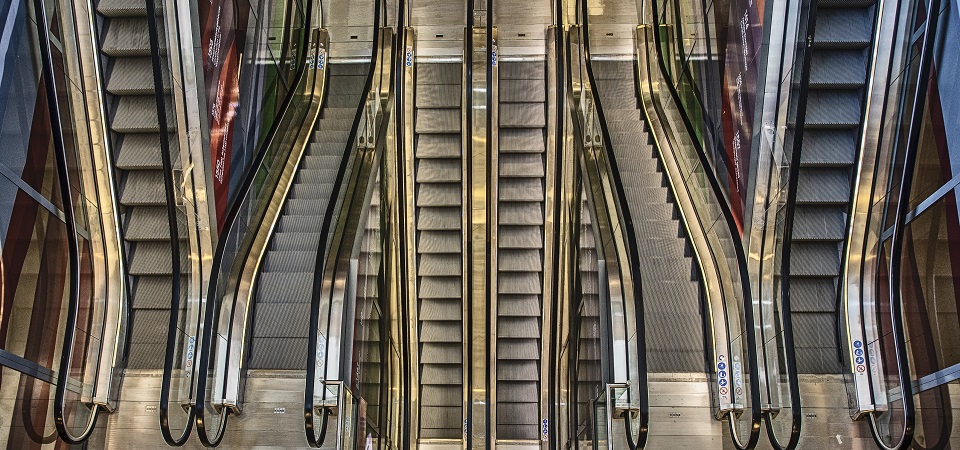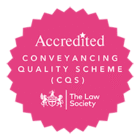The ongoing coronavirus outbreak is a major concern for commercial landlords and tenants. Daniel Long responds to some key questions.
Q: What are the implications if the authorities shut down commercial premises due to coronavirus?
A: Check your lease for a ‘force majeure’ clause that enables parties to terminate, suspend, or delay their obligations.
Whether coronavirus would be classed a force majeure event depends on the wording of the clause, but it’s possible that coronavirus – or a mandatory quarantine resulting from the virus – could represent such an event. In this case a tenant may be allowed to suspend rental payment.
However, it’s important to keep in mind that force majeure clauses are rare in modern leases and even where they do occur, coronavirus-related incidents will not necessarily qualify as this type of event.
Many commercial leases include a rent suspension provision if a business area is impacted by an uninsured risk.
So, both landlords and tenants are advised to consider the lease’s definition of ‘uninsured risk’ in order to decide if this might include coronavirus. Under Model Commercial Leases, uninsured risk is unlikely to include disease, although knock-on effects – for example civil unrest – would probably fall into the uninsured risk classification.
Q: What happens if coronavirus results in the landlord closing commercial premises?
A: Parties should look carefully at their leases to determine whether there is either a force majeure clause, or a rent suspension clause that could be triggered in this type of situation.
If a landlord decides to shut down premises of their own free will, tenants could be in a position to claim for derogation from grant and/or breach of quiet enjoyment. This might include a loss of income claim.
Q: What are the consequences of a tenant deciding to shut their premises due to coronavirus?
A: Tenants would struggle to withhold rent under the terms of their lease if they independently decide to close their premises – unless there is specific wording in the lease regarding this type of action following an outbreak of disease such as coronavirus.
Moreover, ‘keep-open’ clauses are sometimes included in modern leases, especially where anchor tenants are concerned. For example, shutting a major store in the retail sector could mean the tenant has breached their ‘keep-open’ agreement and the landlord may have several remedies.
Q: Does a lease cover extra cleaning or property maintenance?
A: Commercial leases often require landlords to provide tenants with services, which will likely include the cleaning and maintenance of common areas, for example shared toilets and kitchen facilities.
Most leases won’t oblige the landlord to provide any additional cleaning or maintenance. Having said this, you may benefit from checking your lease to be certain.
Q: Can extra cleaning or maintenance of the property be included in the service charge?
A: Landlords can potentially claim for additional costs arising from keeping common areas extra-clean and may seek to do this by charging for such additional services via the service charge.
Whether these costs are recoverable from tenants would hinge on the exact wording of the service charge clause. The issue of recovering additional services may depend on whether the costs are fair and reasonable but it will come back to the terms of the lease.
Q: What are the health & safety implications of the coronavirus situation?
A: Regulations covering viruses are contained in the Control of Substances Hazardous to Health Regulations 2002 (COSHH), which could include coronavirus.
It is good advice to check your lease to ascertain who is responsible for the disposal of waste. If an individual on the premises is diagnosed with coronavirus, you will need to think about how to safely dispose of any objects they have touched.
Q: What happens if the building is locked down due to coronavirus and I am required to provide round-the-clock security of the property, which can’t be left vacant for long periods?
A: If you must vacate your premises for any lengthy period, you would, in any event, want to make sure everything is secure.
Best advice is ensure your landlord and insurers are fully aware of developments, particularly if the property must be left vacant.
For advice on any commercial landlord and tenant matter, call Daniel Long on 0161 761 4611 or email him at daniel.long@whnsolicitors.co.uk














